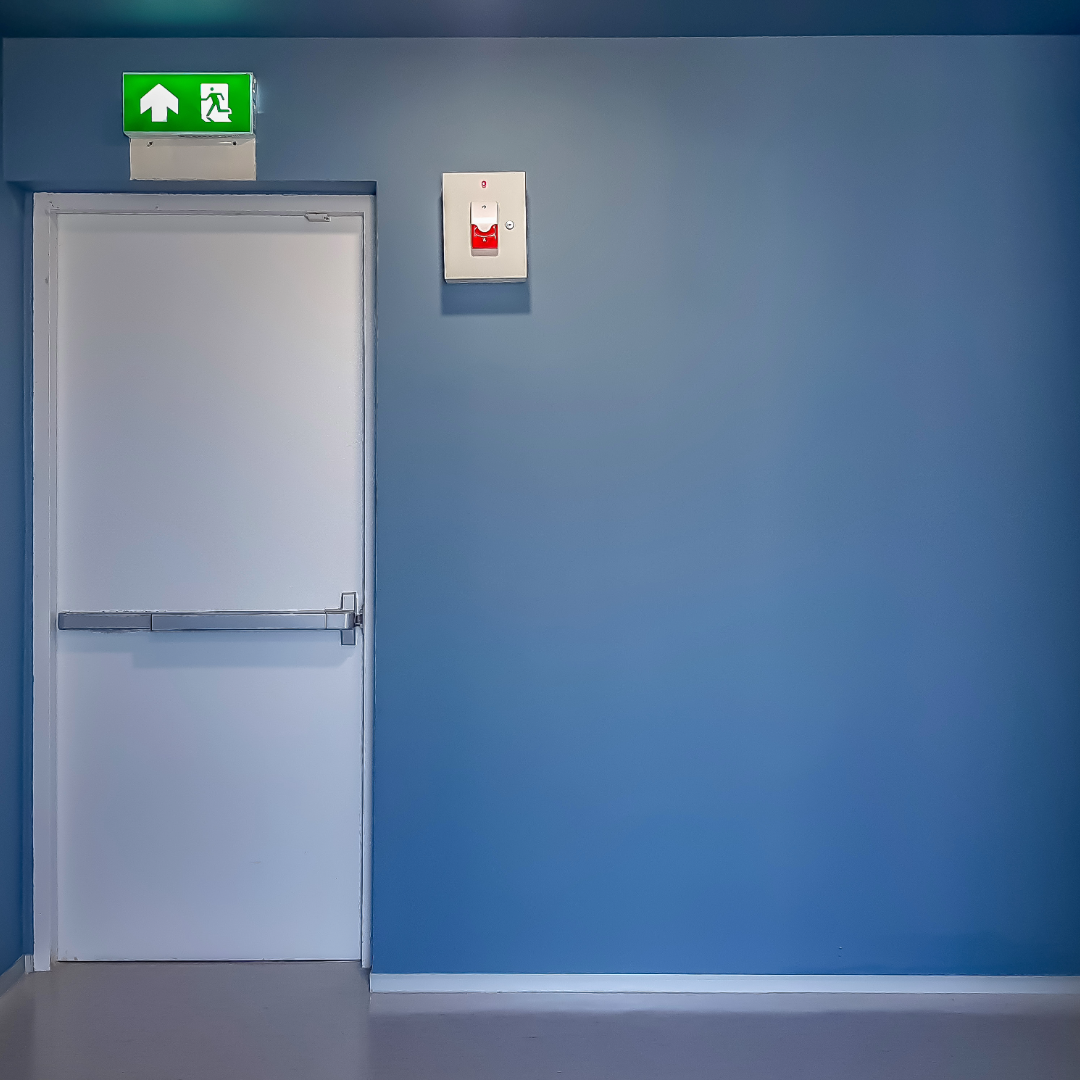Industrial Plumbing: Ensuring Smooth Operations in Commercial Spaces

When it comes to the functionality and efficiency of commercial spaces, industrial plumbing plays a vital role. From manufacturing facilities to healthcare institutions, these plumbing systems are responsible for ensuring the smooth operation of essential services such as water supply, waste removal, and more.
In this article, we will explore the intricacies of this type of plumbing, its significance in commercial sectors, and the measures required to maintain its optimal performance.
Understanding Industrial Plumbing Systems
Components and Infrastructure of Industrial Plumbing Systems
Industrial plumbing systems consist of a complex network of components designed to handle the unique demands of commercial spaces. These systems typically include pipes, valves, pumps, fixtures, and water storage tanks. The infrastructure also encompasses water treatment facilities, backflow prevention devices, and drainage systems. Understanding the various components and their interconnections is crucial for effective troubleshooting and maintenance.
Different Types of Plumbing Systems
Industrial plumbing systems vary depending on the specific needs of different commercial sectors. Some common types include potable water systems, fire suppression systems, sanitary waste systems, and industrial process piping. Each system requires specialised knowledge and expertise to ensure its proper installation and functioning.
The Role of Industrial Plumbers
Responsibilities of Industrial Plumbers
Industrial plumbers are the skilled professionals responsible for installing, maintaining, and repairing plumbing systems in commercial spaces. Their responsibilities include interpreting blueprints, selecting appropriate materials, conducting inspections, and ensuring compliance with safety regulations. They are also proficient in diagnosing and resolving plumbing issues to minimise disruptions to daily operations.
Skills and Qualifications Required
Being an industrial plumber requires a combination of technical expertise, problem-solving skills, and physical dexterity. Plumbers must possess a deep understanding of plumbing codes and regulations, as well as knowledge of various plumbing materials and techniques. Strong communication skills are also essential, as plumbers often collaborate with other professionals during construction or renovation projects.
Challenges in Industrial Plumbing
Common Issues Faced in Plumbing Systems
Industrial plumbing systems face unique challenges due to the scale and complexity of commercial spaces. Some common issues include pipe corrosion, water leaks, clogged drains, and pressure fluctuations. These problems can lead to water damage, increased utility costs, and operational disruptions. Identifying and addressing these issues promptly is crucial to prevent further damage and ensure uninterrupted operations.
Troubleshooting Techniques
Effective troubleshooting is a vital skill for industrial plumbers. It involves systematic diagnosis and problem-solving to identify the root causes of plumbing issues. Plumbers use various techniques such as pressure testing, video inspection, and leak detection to pinpoint problems accurately. Once identified, appropriate repair or replacement measures can be implemented to restore the plumbing system’s functionality.
Maintenance and Upkeep of Industrial Plumbing Systems
Importance of Regular Maintenance
Regular maintenance is key to the longevity and optimal performance of industrial plumbing systems. Scheduled inspections and preventive maintenance help identify potential issues before they escalate, saving businesses from costly repairs and operational downtime. Maintenance tasks may include pipe cleaning, valve testing, water heater servicing, and backflow prevention device maintenance.
Tips for Maintaining Plumbing Systems
To ensure the reliability of industrial plumbing systems, it is essential to follow best practices for maintenance. This includes maintaining accurate documentation of maintenance activities, implementing a preventive maintenance schedule, training staff on proper water usage, and promptly addressing any identified issues. Additionally, regular monitoring of water quality and pressure helps identify changes or abnormalities that may require attention.
Upgrades and Modernisation
Advancements in Plumbing Technology
Advancements in technology have significantly influenced industrial plumbing systems, offering enhanced efficiency and sustainability. From smart water management systems to energy-efficient fixtures, innovative solutions have revolutionised the way commercial spaces handle their plumbing needs. Staying informed about the latest technological advancements enables businesses to leverage these benefits and optimise their operations.
Benefits of Upgrading Plumbing Systems
Upgrading outdated industrial plumbing systems can yield numerous benefits for businesses. These include improved water conservation, reduced energy consumption, enhanced reliability, and compliance with current regulations. Upgrades may involve retrofitting fixtures, replacing outdated pipes with more durable materials, or implementing smart water monitoring systems. Investing in upgrades can result in long-term cost savings and improved overall performance.
Industrial Plumbing Safety Regulations and Compliance
Overview of Safety Regulations and Codes
Industrial plumbing is subject to stringent safety regulations and codes to ensure the well-being of occupants and protect the environment. These regulations cover various aspects such as proper installation techniques, backflow prevention, fire safety, and hazardous material handling. Compliance with these regulations is essential for maintaining a safe and functional plumbing system within commercial spaces.
Compliance Requirements for Industrial Plumbing
Meeting compliance requirements involves adhering to local, regional, and national codes relevant to this type of plumbing. This may involve obtaining permits, conducting inspections, and adhering to specific installation guidelines. Regular assessments and audits help ensure ongoing compliance, keeping commercial spaces safe and reducing the risk of penalties or legal issues.
Environmental Considerations in Industrial Plumbing
Water Conservation Strategies
In an era of increasing environmental consciousness, implementing water conservation strategies is crucial for industrial plumbing systems. Measures such as low-flow fixtures, greywater recycling, rainwater harvesting, and leak detection systems contribute to reducing water wastage and promoting sustainability. These initiatives not only benefit the environment but also help businesses save on water costs.
Sustainable Practices
Adopting sustainable practices goes beyond water conservation. Businesses can implement energy-efficient systems, prioritise the use of eco-friendly materials, and embrace environmentally responsible waste management methods. Additionally, educating employees about sustainable water usage practices creates a culture of environmental stewardship within the organisation.
Industrial Plumbing for Specific Commercial Sectors
Plumbing Requirements in Manufacturing Facilities
Manufacturing facilities have unique plumbing needs due to the nature of their operations. These requirements may include specialised process piping for chemical handling, industrial waste management systems, and the provision of reliable water supply for machinery and equipment. Industrial plumbers with expertise in manufacturing facilities can design and install plumbing systems tailored to these specific needs.
Plumbing Considerations in Healthcare Institutions
Healthcare institutions, such as hospitals and clinics, have stringent plumbing requirements to ensure patient safety and infection control. Industrial plumbers working in healthcare settings must be familiar with medical gas systems, sanitary waste disposal, and backflow prevention measures. Compliance with healthcare regulations and codes is critical to maintaining a hygienic and reliable plumbing infrastructure.
Hiring the Right Industrial Plumbing Contractor
Factors to Consider When Selecting a Plumbing Contractor
When seeking an industrial plumbing contractor, several factors should be considered to ensure a successful partnership. These factors include evaluating the contractor’s experience in commercial plumbing, checking for relevant certifications and licenses, reviewing references and testimonials, and verifying insurance coverage. Additionally, obtaining multiple quotes and conducting interviews can help make an informed decision.
Evaluating Qualifications and Experience
An industrial plumbing contractor’s qualifications and experience directly impact the quality of work and overall project success. Evaluating a contractor’s track record, certifications, and industry affiliations provides insights into their expertise. It is also essential to assess their ability to handle projects of similar scope and complexity, ensuring they possess the necessary resources and knowledge.
SR Industrial: Specialists In Plumbing For Commercial Spaces
In commercial spaces, industrial plumbing serves as the lifeline that ensures smooth operations. From managing water supply and waste removal to adhering to safety regulations and embracing sustainable practices, industrial plumbing plays a vital role in maintaining the functionality and efficiency of commercial sectors. By understanding the intricacies of commercial plumbing and working with skilled professionals, businesses can create an environment where operations run seamlessly, promoting productivity, safety, and sustainability.
Get in touch with our expert team today to discuss your industrial plumbing requirements.


